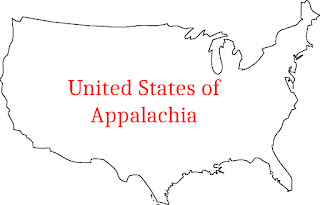Borges and The Name of the Rose

Borges and The Name of the Rose By Erik Ketzan Of the great contemporary novelists, Pynchon, Rushdie, García Márquez, and so on, each considers the Argentine writer Jorge Luis Borges (1899-1986) a great influence. No exception is Umberto Eco, whose laudatory blurb on the recently published Collected Fictions of Borges reads, "Though so different in style, two writers have offered us an image for the next millennium: Joyce and Borges. The first designed with words what the second designed with ideas: the original, the one and only World Wide Web. The Real Thing. The rest will remain simply virtual." These are traditions Eco hopes to follow, as he stated in a 1989 interview, "I would like to do with ideas what Finnegans Wake does with words." The present study examines Borges' considerable influence on Eco's The Name of the Rose , specifically through "The Library of Babel," "The Secret Miracle," and "The Garden of Forking Path
